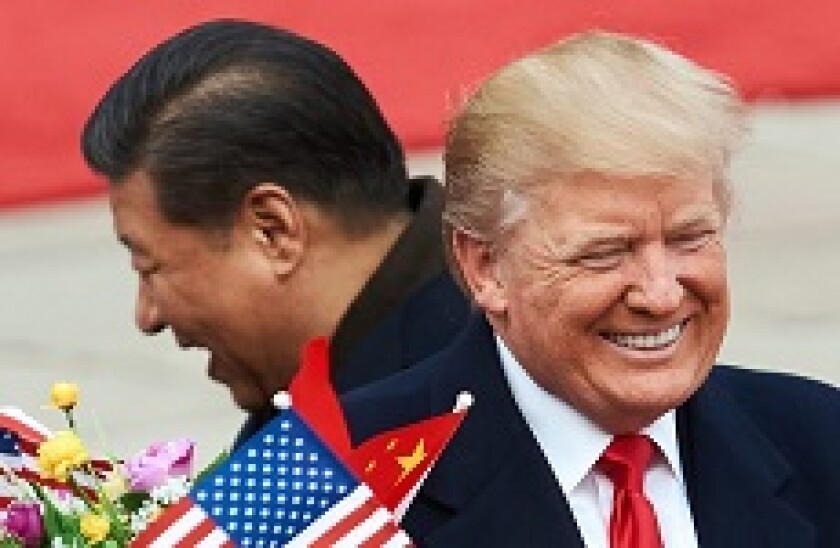It is no doubt a relief that Trump and Xi will refrain from lobbing tariff increases at each other for the next few weeks. Among the handful of agreements reached between the two countries over the weekend include the US’s move to not raise the existing 10% tariffs on $200bn of goods to $25% from January 1, China to purchase a substantial amount of agricultural and related products from the US and immediate negotiations around forced technology transfer and intellectual property protection.
This is certainly a good start, as evidenced by the rally across the various markets.
Last week, the US markets seemed clairvoyant, with the S&P 500 Index trading up 3.2% and the Dow Jones Industrial Average 3.6% in anticipation of a positive announcement from China and the US during the G20. They continued their rise on Monday, with both up around 1.1%.
Hong Kong’s Hang Seng Index also rose last week, and was higher on Monday too. But all the indices started to show their fickle nature by Tuesday, trading down.
What is key to note is that the 90-day truce is only a bandage on what is still a very serious issue for global capital markets. The agreement between the two leaders doesn’t spell an end to the trade war, only a pause before additional tit-for-tat measures are likely considered. As long as the tariffs that are already in place remain, the Sino-US conflict will continue to whittle away at capital markets issuers and investors.
This means that it is go time for both bond and equity issuers in Asia. A handful of companies waiting in the wings with Hong Kong IPOs have seen the light already, launching or prepping to launch their trades this week. With too many known unknowns ahead, coming to the market sooner rather than later is the best course of action.
The same goes for debt capital markets. This is no time for bond issuers to be taking a breather, despite it nearing the end of the year.
For the last few weeks, Asian borrowers have been debating whether to come to the market now, or wait until a possibly more stable 2019 window opens. While investors will certainly be more flush with cash in January, issuers can’t count on a stable market a month from now.
If there’s anything they should have learned from 2018, it is to seize opportunities when they arise, especially as the temporary lull in trade tensions is no guarantee of stability. Even if the agreement does last the whole 90 days, it seems unlikely there will be any further resolution to the conflict during that time. Instead, the can has only been kicked down the road.
Already, holes in the truce are showing. On Monday, Trump tweeted a vague statement that China had agreed to reduce and remove tariffs on cars coming into China from the US. But based on the respective government’s public comments, and the public response from some White House officials, it appears there never was any agreement on auto tariff between the two countries.
Such confusion will likely only continue in the coming weeks as the statements from China and the US raise more questions than answers. Also, should Trump make more claims on Twitter, as seems inevitable, China will be forced to respond. With that, the ceasefire could crumble almost as soon as it began — and with that the positive momentum in capital markets.

